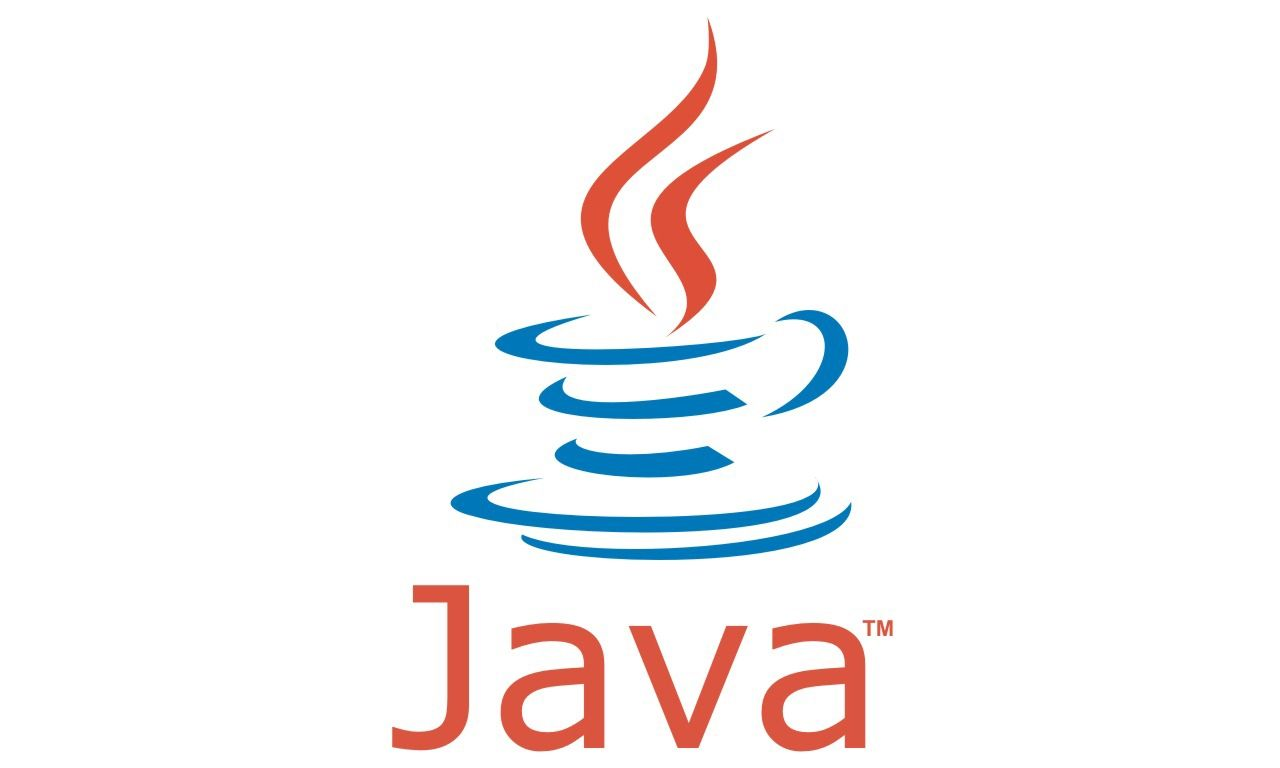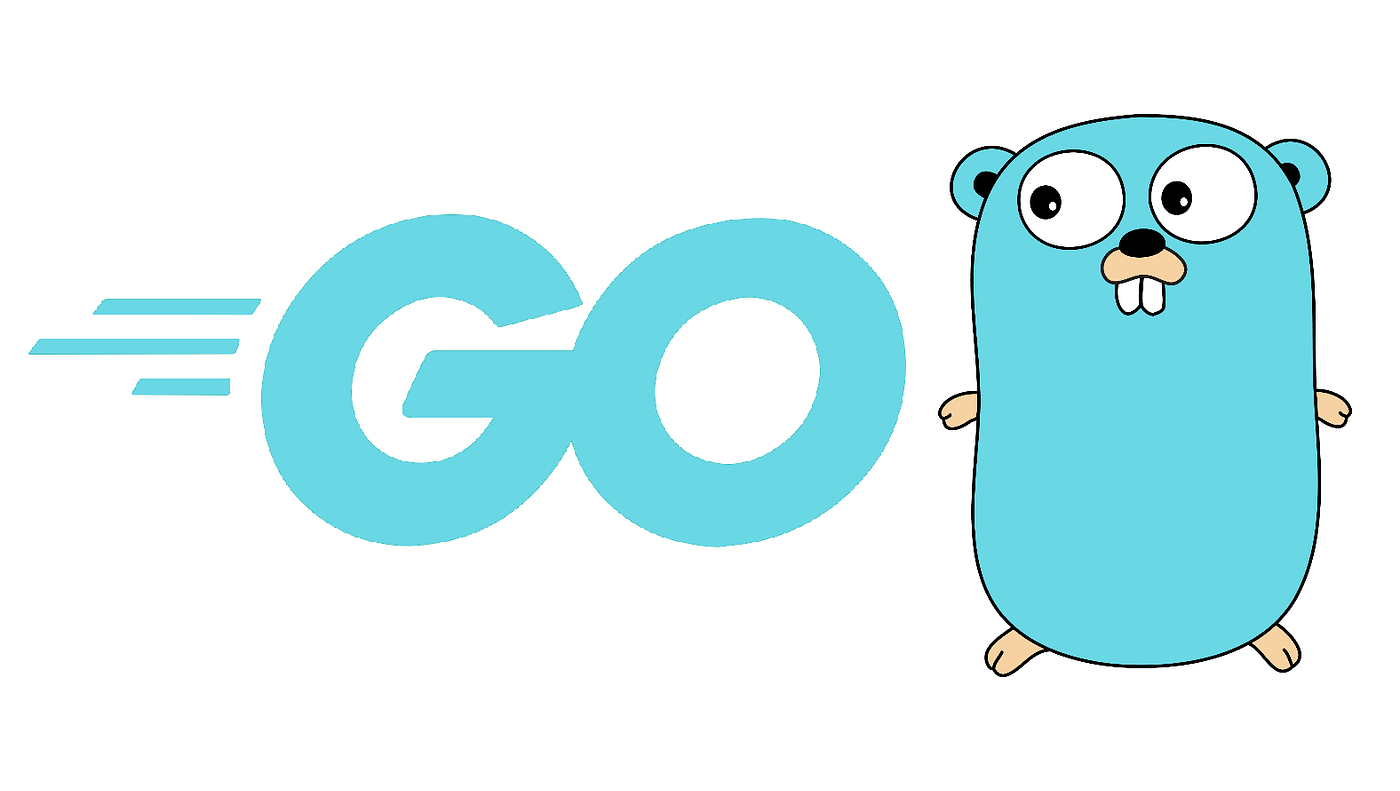In the vast world of software development, choosing the right programming language is crucial to the success of any project. Java, a stalwart language renowned for its versatility and portability, has been a dominant force in the industry for decades. However, with the emergence of new and specialized languages, developers often find themselves wondering which language is best suited for their needs. In this article, we will conduct a comparative analysis of Java against other popular programming languages, exploring their strengths, weaknesses, and ideal use cases, to help you make informed decisions for your next development endeavor.
1. Java: The King of Portability and Reliability

Java, known for its “write once, run anywhere” philosophy, excels in cross-platform compatibility. Its Virtual Machine (JVM) allows Java applications to run on any device, making it a preferred choice for enterprise applications and large-scale systems. Moreover, Java’s strong type-checking and robust exception handling contribute to its reputation for reliability, making it an excellent option for mission-critical projects.
Ideal Use Cases: Enterprise applications, Android app development, web development, and back-end services.
2. Python: The Versatile and Beginner-Friendly Language

Python, a high-level, dynamically-typed language, has gained immense popularity due to its simplicity and ease of use. Its clear and concise syntax allows developers to write code more efficiently, making it a favorite among beginners and experienced developers alike. Python’s versatility and extensive libraries make it a top choice for various applications, from web development to data analysis and machine learning.
Ideal Use Cases: Web development, data analysis, artificial intelligence, and scripting tasks.
3. JavaScript: The Language of the Web

JavaScript, often considered the “language of the web,” is predominantly used for front-end development. With the advent of Node.js, it has also extended its reach to server-side applications. JavaScript’s asynchronous nature and event-driven paradigm enable dynamic and interactive web applications, making it indispensable for modern web development.
Ideal Use Cases: Front-end web development, server-side applications with Node.js, and web-based games.
4. C++: The Powerhouse of Performance

C++ is a powerful, compiled language known for its performance and control over hardware resources. While C++ requires more careful memory management, it is ideal for performance-critical applications like game development, embedded systems, and system-level programming.
Ideal Use Cases: Game development, system programming, and resource-intensive applications.
5. Go (Golang): The Efficient and Concurrent Language

Go, also known as Golang, has gained traction for its simplicity, concurrency support, and efficient execution. Developed by Google, Go excels in handling concurrent tasks, making it a great choice for building scalable and high-performance applications.
Ideal Use Cases: Network programming, distributed systems, and cloud-based applications.
Choosing the right programming language depends on the specific requirements of your project and your development team’s expertise. Java remains a dominant language for its portability, reliability, and versatility in enterprise applications and Android development. Python is an excellent option for those seeking simplicity and flexibility in web development and data analysis. JavaScript is the go-to language for creating interactive web experiences, while C++ is preferred for performance-critical applications and system programming. Go (Golang) is a rising star known for its efficiency and concurrency support, making it ideal for scalable and distributed systems.
Ultimately, each language has its strengths and use cases, and the best choice will depend on your project’s objectives and the team’s skills. Understanding these key differences will empower you to make an informed decision and embark on a successful development journey.
